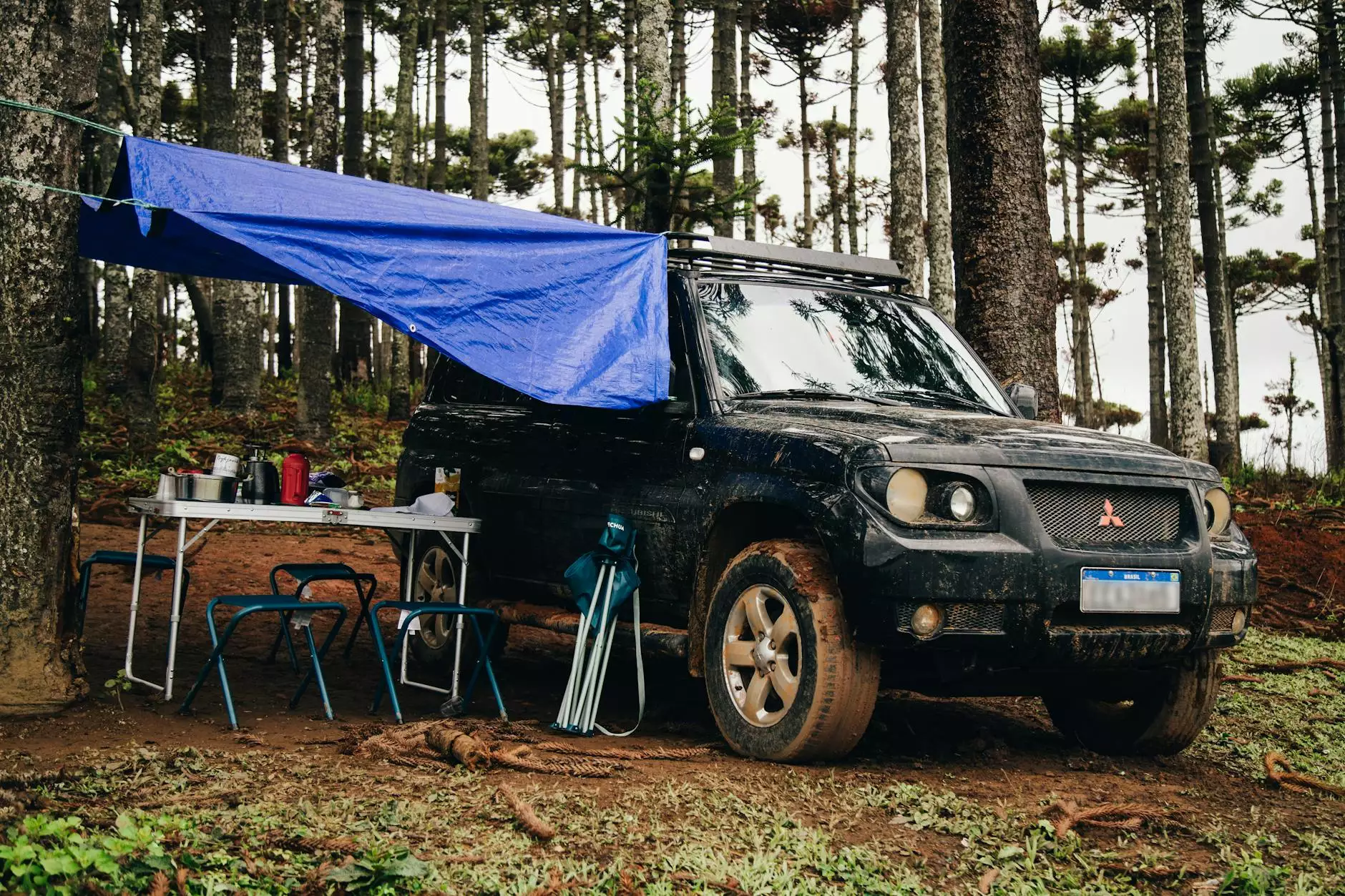The Ultimate Guide to Jeep Wheels and Tires

Jeep wheels and tires are critical components for any off-road and adventure enthusiast. When it comes to optimizing your Jeep for rugged terrain or highway cruising, the right combination of wheels and tires can significantly impact performance, safety, and overall driving experience. In this comprehensive guide, we will delve into the types of wheels and tires available for your Jeep, factors to consider when making a purchase, and maintenance tips to extend their lifespan. Let’s dive right in!
Understanding Jeep Wheels
Wheels are more than just the circular components that hold tires; they play a crucial role in how your Jeep handles different types of terrain and conditions. Here are some essential factors to consider:
1. Wheel Size and Diameter
The size of your Jeep wheels affects your vehicle's performance. Common sizes range from 15 inches to 20 inches or more. Here’s how wheel size influences your Jeep:
- Smaller Wheels: Offer better torque and handling characteristics on steep terrains.
- Larger Wheels: Provide better ground clearance and aesthetics but may reduce torque and handling on rough surfaces.
2. Wheel Material
Wheels are generally made from either steel or aluminum:
- Steel Wheels: Durable and cost-effective, ideal for heavy-duty use.
- Aluminum Wheels: Lighter and often have better aesthetics. They can provide improved fuel efficiency.
3. Wheel Offset and Backspacing
The offset and backspacing of your Jeep wheels affect tire fitment and handling characteristics. Proper offset ensures that the tires do not rub against the suspension components, providing a smoother ride.
Exploring the Best Tires for Your Jeep
Choosing the right tires for your Jeep is equally important for maximizing performance and safety. Here are some popular types of tires for Jeep owners:
1. All-Terrain Tires
These tires are versatile, designed to provide a balance between on-road comfort and off-road capability. They are ideal for Jeep enthusiasts who frequently switch between different terrains:
- Pros: Good traction on various surfaces, comfortable ride quality.
- Cons: May not excel in extreme off-road conditions compared to mud-terrain tires.
2. Mud-Terrain Tires
For those who love tackling muddy trails, mud-terrain tires are designed with deeper treads for enhanced grip in loose and slippery conditions:
- Pros: Exceptional grip in mud and loose sand.
- Cons: Noisy on highways and can wear out faster on paved roads.
3. Rock-Crawling Tires
If you’re a fan of extreme off-roading, specialized rock-crawling tires might be the perfect fit. These tires often feature:
- Large, Aggressive Treads: Designed for maximum traction on rocky surfaces.
- Stiff Sidewalls: Helps prevent punctures and provides better stability.
Key Factors to Consider When Buying Jeep Wheels and Tires
When investing in Jeep wheels and tires, consider the following factors:
1. Driving Habits
Your driving style and the terrain you frequently encounter will dictate the best choice of wheels and tires. Evaluate whether you need rugged durability for off-road adventures or a quieter ride for daily commutes.
2. Load Rating
Wheels and tires have specific load ratings that indicate how much weight they can safely carry. Make sure to choose products that can handle your Jeep’s loading capacity.
3. Seasonal Changes
Weather conditions can greatly influence tire performance. All-weather tires are available, but for enthusiasts living in areas with extreme winters or summers, having dedicated winter or summer tires can provide safety benefits.
Maintaining Your Jeep Wheels and Tires
To ensure the longevity and performance of your Jeep wheels and tires, regular maintenance is essential:
1. Tire Rotation
Regularly rotating your tires ensures even wear, which can prolong their life and enhance performance.
2. Tire Pressure Checks
Under-inflated or over-inflated tires can lead to decreased fuel efficiency and unsafe driving conditions. Perform regular tire pressure checks to maintain optimal pressure.
3. Inspecting for Damage
Frequently check your tires for any signs of damage, including abrasions, punctures, or irregular wear patterns. Addressing small issues early can prevent more significant problems later.
Conclusion
Investing in the right Jeep wheels and tires is vital for ensuring your off-road experience is both enjoyable and safe. By understanding the various types of wheels and tires available and considering your specific driving needs, you can make an informed choice that enhances your Jeep's performance.
Remember to prioritize regular maintenance to keep your wheels and tires in peak condition. With the right equipment, nothing can stop your Jeep from conquering the great outdoors!









